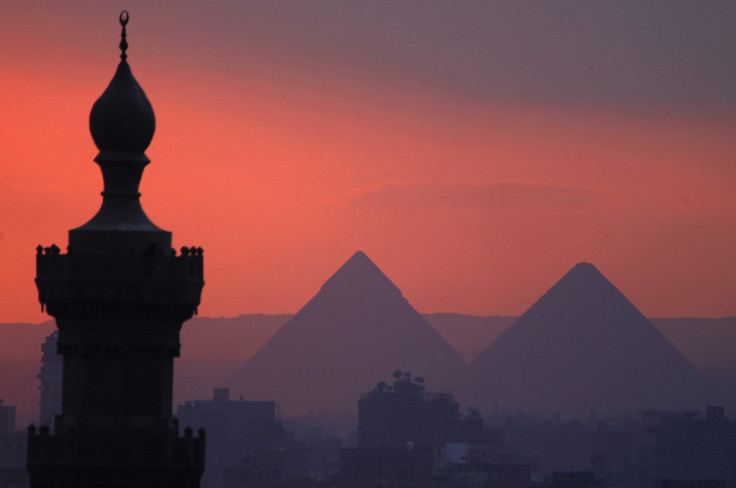Sham El-Nessim: Ancient Egyptian Spring Festival Is Still Celebrated By Christians And Muslims In Egypt

In many ways, contemporary Egypt can feel very removed from its pharaonic past. But modern-day Egyptians do keep some customs of their ancestors alive through one notable tradition, and that is the annual observance of Sham El-Nessim, an ancient Egyptian spring festival that is celebrated to this day by Christians and Muslims in Egypt alike.
Sham El-Nessim, translated from Arabic as “smelling the breeze,” is celebrated every year on the Monday after Eastern Orthodox Easter. Although its date is determined by the Christian holy day, the spring celebration goes back 4,500 years to the time of the pharaohs, when it was called Shamo, or “renewal of life,” in reference to the beginning of the agricultural growing season.
Ancient Egyptians celebrated the holiday at the beginning of the spring equinox, the date of which would be calculated by measuring the direction of the sunlight over the Giza pyramids. As was the case with other spring festivals around the world, eggs were an important symbol in the celebration of Sham El-Nessim, so ancient Egyptians would boil, color and decorate eggs. Another notable custom included writing wishes on the eggs and tucking them into baskets, which people would then hang on trees or roofs in anticipation of answers from the gods.
Perhaps the most distinctive tradition associated with Sham El-Nessim is the consumption of scallions and salted fish, known in Arabic as fiseekh, a practice that Egyptians have enthusiastically carried into the present day. “The ancient Egyptian used to live close to the river Nile. So people used to store and salt the extra fish they had,” Abdel Nasser Saber, an Aswan tour guide, told the Daily News Egypt in an interview. With its distinctive smell, fiseekh gives literal meaning to the phrase “smelling the breeze” as the Sham El-Nessim staple is widely consumed on the holiday throughout the country.
Sham El-Nessim is now a national holiday in Egypt, typically marked with family outings to public parks and other open, outdoor spaces, such as zoos. Last year, the Giza Zoo had as many as 70,000 visitors on the holiday, while more than half a million people visited the Qanater Gardens north of Cairo, Egypt’s state-run Middle East News Agency reported. With both Christians and Muslims turning out to participate in the festivities, the holiday is one of the few major celebrations in Egypt that crosses religious lines.
© Copyright IBTimes 2024. All rights reserved.






















